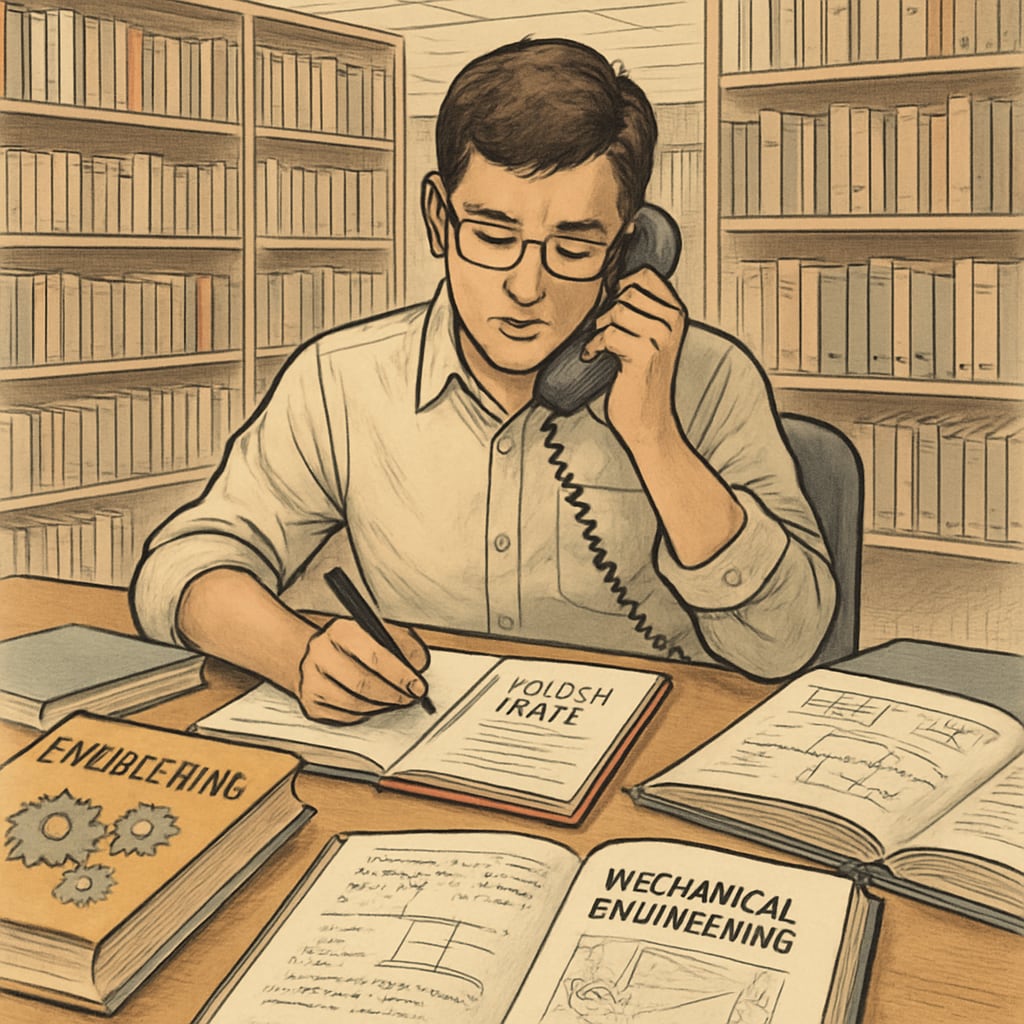Combining an education degree and an engineering degree through a dual major program might seem ambitious, but it opens doors to innovative career opportunities. This unique academic path allows students to merge technical expertise with pedagogical skills, creating a versatile professional profile highly sought after in industries ranging from academia to technology development. While challenging, pursuing this dual degree can be highly rewarding for those passionate about both fields.
Why Combine Education and Engineering?
Education and engineering might appear to be unrelated disciplines at first glance, yet their combination can yield extraordinary results. Engineers often possess analytical problem-solving skills but may lack the ability to communicate technical concepts effectively. On the other hand, educators excel in communication and knowledge dissemination but may have limited exposure to technical innovation. By merging these areas, graduates can become experts in technical training, STEM (science, technology, engineering, and mathematics) education, or even educational technology development.
- STEM Education: Graduates with expertise in both areas can design and implement STEM curricula that inspire future engineers and innovators.
- Technical Training: Companies require professionals who can train employees in complex engineering concepts, bridging the gap between technical knowledge and practical application.
- EdTech Development: This growing field demands individuals who can create educational tools using engineering principles.

Challenges of Pursuing a Dual Degree Program
While rewarding, pursuing a dual major in education and engineering comes with its own set of challenges. Students must consider workload, time management, and financial implications. Engineering programs are known for their rigorous coursework in mathematics and science, while education degrees require extensive practical experience, such as internships or teaching practicums. Balancing these demands requires strategic planning and perseverance.
Key challenges include:
- Time Commitment: Dual degree programs often extend beyond the standard four years of undergraduate study.
- Financial Burden: Additional semesters mean increased tuition and living expenses.
- Workload: Balancing technical projects with teaching practice can be overwhelming without effective time management.

Tips for Success in a Dual Major Program
For students determined to pursue both an education and engineering degree, careful planning is key to success. Here are some practical tips:
- Research Institutions: Look for universities that offer interdisciplinary programs or flexible dual degree options. For example, some schools provide combined Education and STEM programs specifically designed for such students.
- Build a Support Network: Connect with advisors, professors, and peers who can provide guidance and emotional support throughout the program.
- Time Management: Use planning tools to manage academic responsibilities, internships, and personal time effectively.
- Seek Scholarships: Look for financial aid opportunities tailored to dual degree or interdisciplinary studies.
Finding the Right Institution for Your Dual Degree
Choosing the right university is essential for succeeding in a dual major program. Look for institutions with strong offerings in both education and engineering, interdisciplinary research opportunities, and supportive academic environments. Some notable examples include:
- Massachusetts Institute of Technology (MIT): Known for its cutting-edge engineering programs, MIT also offers initiatives in STEM education and educational technology.
- Stanford University: Stanford features interdisciplinary programs that combine engineering with education research.
- University of California, Berkeley: Berkeley integrates education and engineering within its innovative research centers.
Ensure the institution aligns with your career goals and offers opportunities for networking, internships, and professional growth.
Conclusion: Is a Dual Degree Right for You?
Deciding to pursue a dual degree in education and engineering requires careful consideration of your interests, career goals, and ability to manage challenges. While demanding, this academic path offers unique benefits, preparing you for careers that blend technical expertise with educational innovation. If you are passionate about both fields and ready to invest the effort, this dual major could be the perfect choice for unlocking new career possibilities.
As a result, the combination of an education degree and an engineering degree is more than just feasible—it is a gateway to exciting interdisciplinary opportunities that redefine professional landscapes.


